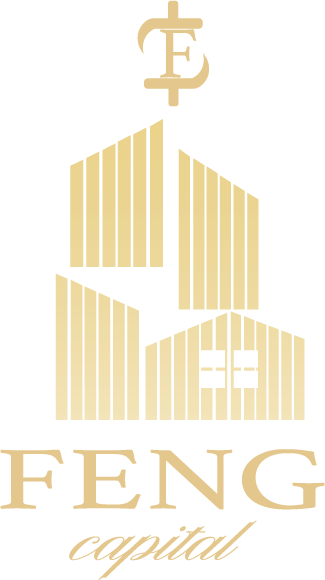
Profit Margin
At least 20% to 30%
Speed of Funds
2 to 10 days
Type of product
Tangible products—not services
Time in Business
No Minimum
What is purchase order financing?
A purchase order (PO) is an agreement to pay for goods or services. Companies of all sizes, from multi-billion-dollar manufacturers to small bakeries, use purchase orders to protect themselves and their customers.
However, there are times when a purchase order is too large or too expensive to fulfill. When this occurs, the organization needs to seek out financing options to pay suppliers, so they can hold up their end of the purchase agreement. A common solution to this problem is purchase order financing.
Going back to your high school economics class, think about this in terms of a lemonade stand. It’s fine to fulfill one lemonade cup order for a dollar, but what happens when someone orders 1,000 cups of lemonade and promises to pay you upon delivery? You don’t have the money yet for enough lemons and sugar to fulfill the order.
With PO financing, a lender can help to ensure the order gets fulfilled—protecting your customer, your supplier, and everyone else involved in the process.
Purchase order funding is not working capital.
Before diving deeper into PO financing, it’s important to consider what this form of funding isn’t. Purchase order financing is not a working capital loan. You can’t bring a purchase order to a lender and receive cash to fulfill a major order. One of the biggest misconceptions about PO financing is that business owners simply receive the loan like they would with any other source of funding. However, it’s more complicated than that. Let’s review what purchase order funding is so you can understand what it’s not.
